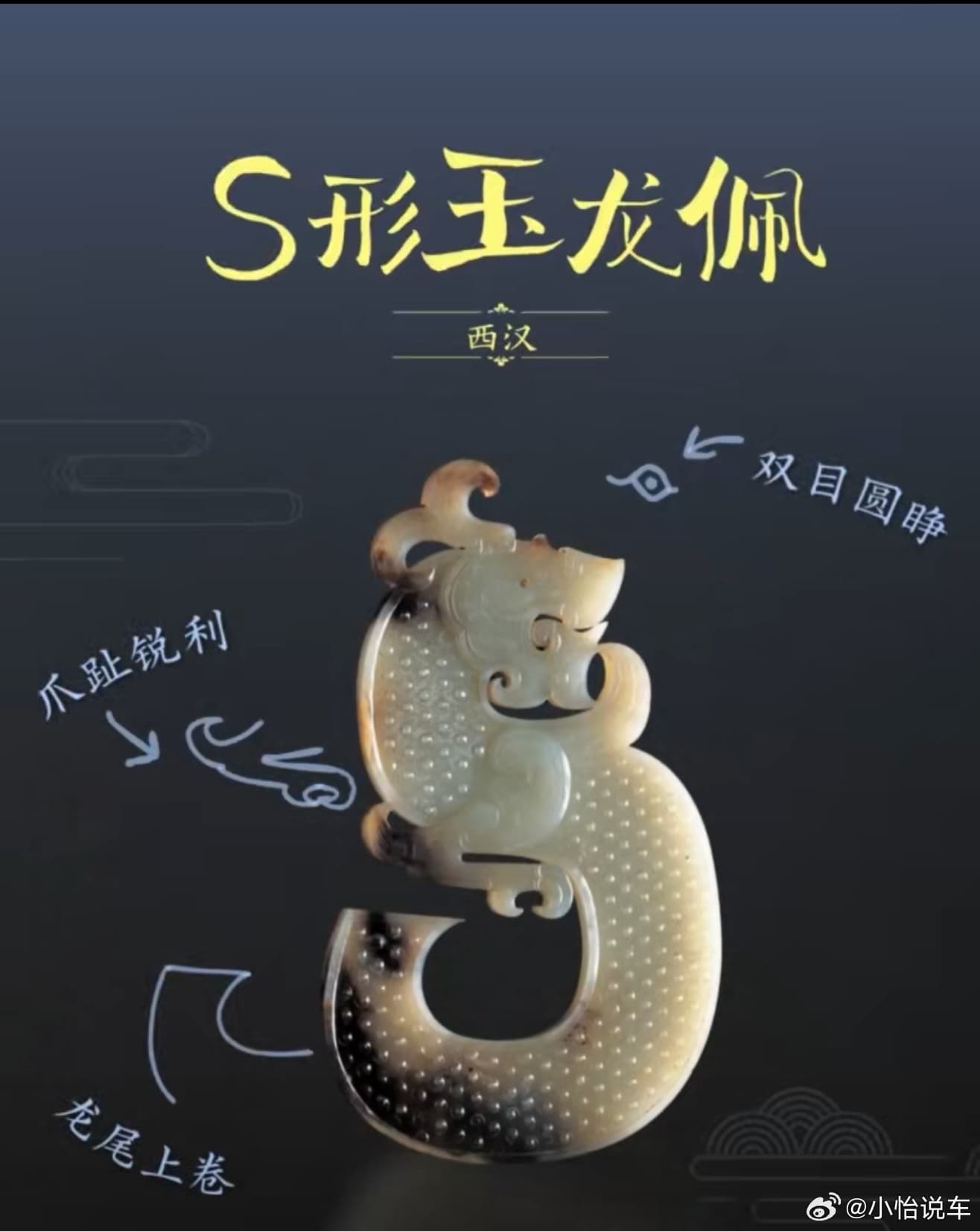China's Social Media Buzzes with Braised Beef Recipes and Children's Nutrition Tips
In recent days, social media platforms in China have been buzzing with conversations surrounding nutritious cooking and children's dietary needs, reflecting an ongoing societal focus on health and well-being. Two trending topics on Weibo, in particular, have captured public attention: the recipe for a popular dish, braised beef, and guidelines for enhancing children's physical health through proper nutrition. The first topic that has engaged netizens is the recipe for 红烧牛肉 (braised beef), a beloved dish in Chinese cuisine known for its rich taste and aromatic spices.
20 May 2024
A detailed video shared by the user @鲜城 provides not only a step-by-step guide to cooking the dish but also tips on selecting, preparing, and storing the beef. The ingredients listed include 1.5kg of beef shoulder, various seasonings such as pepper powder, Sichuan pepper, and a choice between sauces like Doubanjiang (fermented bean paste), Shacha sauce, or Tom Yum paste.
The video aims to empower home cooks with the knowledge to replicate this flavorful dish in their kitchens. The discussion about the braised beef recipe has sparked significant interaction on Weibo, where users have expressed both enthusiasm and debated over the best methods for achieving the perfect dish. One user commented, "视频里的做法真详细,不过我觉得还可以加点老抽上色。" ("The method in the video is very detailed, but I think some dark soy sauce can be added for color."). Another user remarked, "小苏打处理牛肉的方法真是个好技巧,学到了!" ("Using baking soda to tenderize the beef is a great tip, I've learned something new!").
Conversely, some skepticism has emerged, particularly regarding the use of certain seasonings and techniques. A user questioned, "十三香的味道会不会掩盖牛肉的鲜味?" ("Won't the Thirteen Spices overpower the natural flavor of the beef?").
This illustrates a common sentiment among home chefs who strive to balance traditional flavors while exploring new culinary techniques. Simultaneously, the second topic trending involves dietary guidelines aimed at enhancing children's physical health, coinciding with the observance of China Student Nutrition Day.
However, the recommendations have not been without controversy. Some parents have expressed frustration with the feasibility of implementing such guidelines. As one user lamented, "说是容易,实际操作起来很难,特别是孩子喜欢吃零食。" ("It's easy to say, but hard to actually implement, especially because kids love snacks."). This comment underscores the practical challenges faced by parents who aim to provide nutritious meals in a world full of tempting, less healthy food options.
In conclusion, these discussions highlight a broader cultural and social engagement with food and health in China. Whether it's mastering the art of cooking traditional dishes like braised beef or navigating the complexities of child nutrition, the active participation and diverse opinions of netizens on platforms like Weibo reflect a dynamic and evolving dialogue. The detailed exchange of recipes and health tips denotes a community increasingly invested in culinary skills and healthy living, navigating old traditions and new knowledge in the pursuit of well-being.
Share this article
Related Articles

Mother’s Hand‑Stitched Nike Backpack Goes Viral, Showcasing Love, Craftsmanship and Brand Authenticity in China
By Trending on Weibo
Culture
15 Sept 2025

China’s “National Treasure Highlights” Campaign Turns Heritage Into Global Soft‑Power and Consumer Brand】
By Trending on Weibo
Culture
13 Sept 2025

Mystery Meme: Unraveling China’s “Dissected 14 People, Crumbled by a Letter” Phenomenon】
By Trending on Weibo
Culture
8 Sept 2025

Chinese Netizens Turn Blood Moon Into Viral “Too Abstract” Meme
By Trending on Weibo
Culture
8 Sept 2025

From Song Dynasty Verse to 2024 Drama: The Enduring Echo of “Rain‑Laden Bells” in Chinese Culture
By Trending on Weibo
Culture
8 Sept 2025